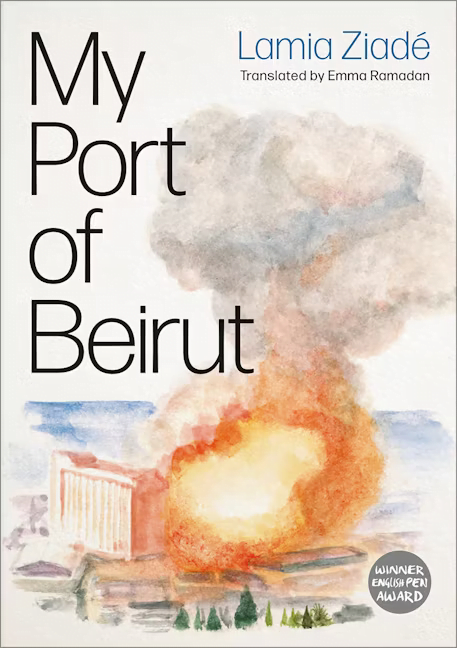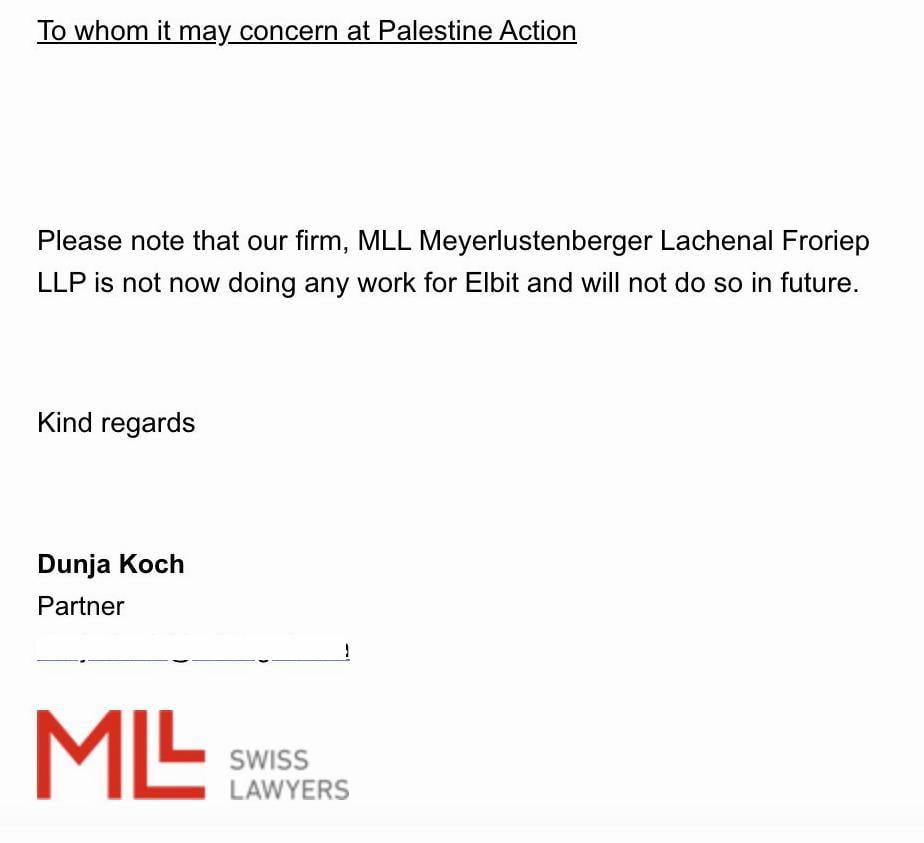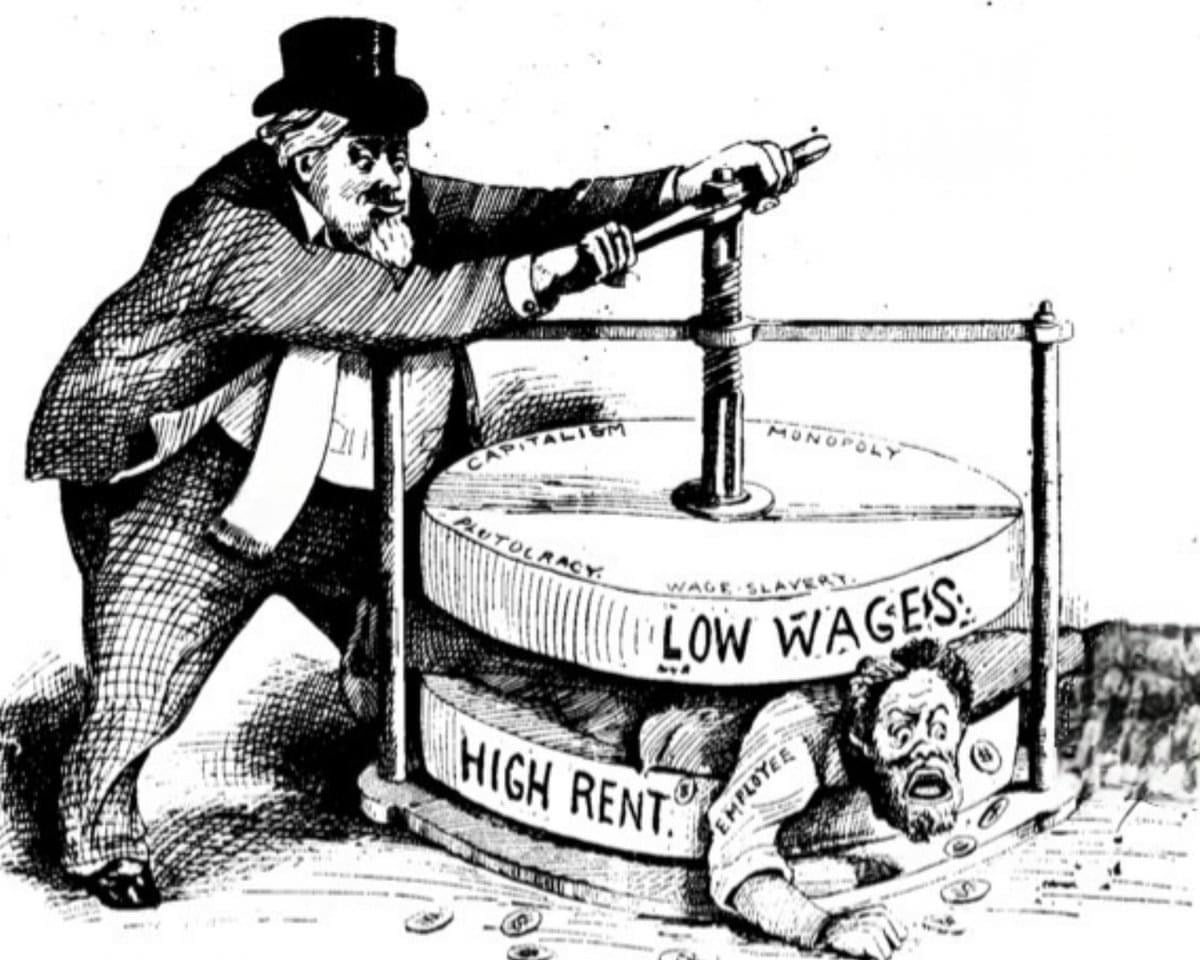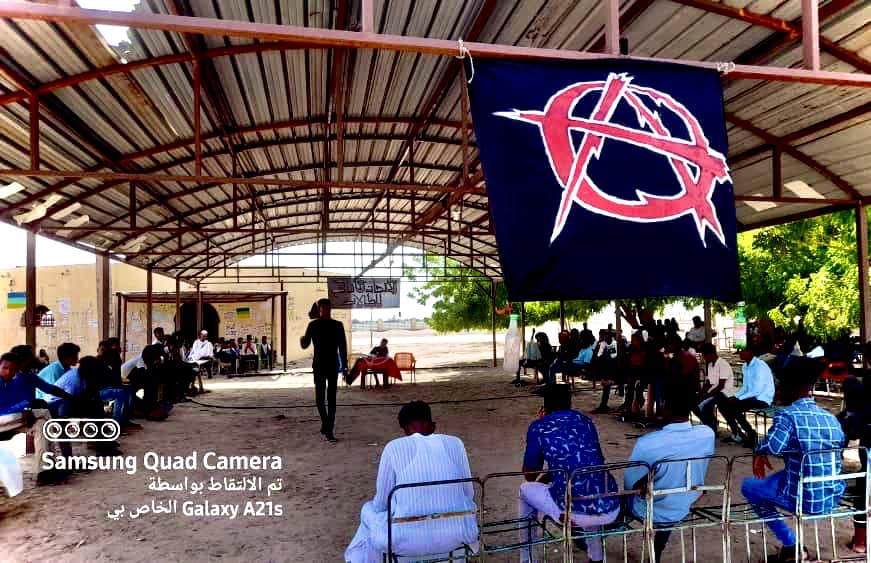From the forests of Poland to the cells of Germany, this cross-border investigation examines the threat of the institutionalised violence and death faced by refugees both in police custody and on the border to Europe.
“And the question arises: Is it possible to refuse to obey an order? Can you say; I am not taking this child to a forest?” (Jacek Leociak)

If you still rely on media corporations for vital information, you may be forgiven for believing that we are engaged in an all-out war with Russia. Wait, not an ‘all-out war’ – a ‘hybrid war’ fought on Europe’s eastern borders by none other than the devil himself. This crafty magician has a talking cat known as Lukashenko and has suddenly made thousands of refugees arrive in the wrong place.
Instead of dying in the Mediterranean sea, caught in refugee camps across southern Europe or pushed back by Frontex, they are appearing at the borders of Lithuania and Poland – suddenly exposing the authoritarian and racist policies of the European Union. It is a new kind of warfare we are told by the media. Think Ukraine, they remind us vaguely. They might cut off the gas, hack journalists gossip loudly.
The same speculations are regurgitated into a repetition of mindless language that not only hides our complicity in crimes against humanity, it actively promotes our participation in it. This process occurs through dehumanisation; those escaping war are reframed as pawns in a game played by the regimes of Russia and Belarus, effectively militarising a refugee population.
What is the cost of these lies, is it just realpolitik? Or is this the expression of an intersectional violence that is present both within our own societies and without – in the legally sanctioned totalitarian spaces of Europe.

Emergency State
In April 2021, there were approximately 100 people crossing the border into Lithuania from Belarus. This is a route that, along with Poland, has been used in the past by those escaping the oppressive regimes of Chechnya, Kyzgystan, Dagestan and Ingushetia to enter Europe and apply for asylum. By July this number had increased in excess of 3,000 and Lithuania declared a state of emergency in response.
The suspension of a series of rules that protect us from law enforcement and power under this state of emergency was directed towards refugees. Despite the subsequent accusations of Belarusian involvement in the movement of people from countries like Iraq, Turkey and Lebanon, it was the refugees themselves who were criminalised, not Lukashenko.
Up came the razor wire and the introduction of Frontex on the border.
The escalation on the Polish border came after the NATO retreat from Afghanistan in August. Those fearing for their lives left Afghanistan to seek refuge; ranging from those who worked with the occupation – to gender rights activists, journalists, human rights organisations, and citizens.
In the same month, 32 refugees from Afghanistan were forcibly detained in Usnarz Górny without access to food, medicine, water or shelter and guarded at gunpoint in the forest. In response, NGO representatives and activists formed the Grupa Granica [Border Group] as an umbrella organisation for those already assisting people experiencing migration in Poland.
In the absence of larger NGO’s such as the International Red Cross, and in spite of the Polish government legalising the act of forced push backs of those seeking protection under international law, it was autonomous groups and small-scale networks that arrived on the border to monitor the situation and provide assistance.

Poland followed Lithuania in calling a state of emergency and erected razor wire along some of it’s borders, although the difference was in the size of the area of exclusion. The suspension of rights was restricted to a strip on the Polish border. Resolutions of liberal outrage were made by the international community and still, the Red Cross is absent despite its Polish headquarters occupied in protest.
They followed the government line and repeated the illegality of helping those at risk of death as a reason for inaction and silence. Assistance, therefore, was provided by a group of medical staff organised by Medycy na Granicy (Medics at the Border] and other activists and groups in the areas and the surrounding cities such as Białystok.
This assistance is not legal. In this exclusionary zone created by the Polish government – human rights organisations, activists, journalists and doctors are not allowed to enter the extended border zone, to assist or help those who are seeking food, shelter and asylum.

“In their case,” Professor Jacek Leociak at the Polish Academy of Sciences asserts, “we can talk about indirect extermination. In the times of the Holocaust, indirect extermination was at the time of the ghetto, ie. death caused by hunger, inhuman hygiene conditions, infectious diseases…
The ghetto is an example of excluding a certain prescribed space from the spatial continuum, e.g. of a city. This law on the state of emergency is relevant here. It is very important. One can define the ghetto as a legally sanctioned, totalitarian space.”
“(The problem) is not Poland” German SPD politician Heiko Maas insists, “the problem is Lukashenko and Belarus and it’s regime, and so Poland has earned our European solidarity in this situation.”
The historical responsibility of never again is abandoned in return for the nation of Poland to be turned into a border for Germany, whose walls divide communities with the intersectional injustice of the police and totalitarian space of the cell.

Death in Custody
Omar was buying weed outside of his refugee accommodation in Barmbek, Hamburg. He had moved there because of a problem with his residency papers – the administrative process that controls your access to healthcare, employment and housing. As he walked outside his temporary home to meet his dealer, a car drove past honking it’s horn. It’s driver was screaming something in German.
Omar couldn’t understand and kicked at the car as it drove off. It’s driver called the police.
The description that the police stand by is that Omar was a dangerous Islamist terrorist, mentally ill and intoxicated, trying to attack passers by with a knife and causing damage to several cars. This escalation of reality was made explosive by the decision for police to call the SEK, a special tactical unit tasked with kidnappings, terrorism and hostages.
Surrounded by at least 15 emergency workers, armed, they claimed Omar tried to attack them with a knife and so he was pushed to the ground and shot seven times. Witness testimony and video evidence, although partly obscured, shows the kind of excessive force reserved for only execution, not self-defence.
Omar had screamed Allahu Akbar, the police claimed, and so the death of this Palestinian refugee from Lebanon was framed as a terrorist case. Not everyone is convinced, including Mülayim Huseyin, Hamburg lawyer and co-founder of “Justice for Omar!” who calls for the dissolution of the SEK and the suspension of officers from active duty.
It is abolition that is being demanded, not reformation.
The interconnected relationship between borders, prisons and police is no accident and it’s brutality is heavily protected – up through the German court system. No other contemporary case is more famous in Germany than the murder of Oury Julloh, in cell 5 of a police station in Saxony-Anhalt seventeen years ago this month.
The courts still maintain, despite independent evidence and professional advice, that Oury Julloh burnt himself alive with a lighter, while handcuffed in his cell. Evidence of a cover-up is repeatedly denied in favour of the police version of the events.
The campaign to expose this police murder is also maintained until this day, through justice campaigns that reflect the true solidarity of citizens following police violence and death. This is kept from society in a number of ways, including news reporting straight from the police testimony to a refusal by the state to report on acts of racism by both citizens and obviously itself.
Since 2015, 11,000 incidents of racism have been recorded in Germany by the Amadeu Antonio Foundation, including 284 arson attacks. Activist run databases such as the German Death in Custody and try to document those killed by police, but even they acknowledge the list is far from complete.
This experience of “everyday policing,” as Vanessa E. Thompson mentions in Abolish the Police ; “which often go unnoticed or unseen by large parts of society provides a window for an analysis and critic of policing that begins from the perspectives of those whom policing means risk of violence and even death, rather than safety, security and justice.”
It is not only in the prison cell that we find this form of violence but in the employment office too. In the case of Christy Schwundeck, her benefit payments had been stopped for two weeks, and so she went to her local job centre in Frankfurt Am Main to ask when she was going to eat.
Christy was asked to leave by an employee, who instead of taking a position of care decided to phone the police. Like Omar, and many other cases documented on the list, it is the division in our societies that cause citizens to use violence to each other and in this case, summon a position of power to resolve a problem at work, or in other cases a racial hatred.
The police claim that they killed Christy with live ammunition because pepper spray would be dangerous, using a small-scale chemical weapon in an enclosed room. She was shot because she did not comply, not because she was physically dangerous. She was shot because she refused to starve quietly. The police say her murder was an act of self-defence.
This violence within German society is expressed in the racism of its institutions and reflective of its support towards the Polish government. ‘Solidarity’ in using illegal means of avoiding historic responsibilities is expressed in the burning of Oury is cell 5, as it is in the town of Jedwabne over 100km from the border.
The Polish village was the site of a pogrom where, during the second world war, hundreds of Jews lost their lives as they were burnt alive in a barn by their neighbours.
What connects these seemingly remote, and respectfully separate incidents, is that they occur in legally sanctioned totalitarian spaces, where no direct orders are given or needed. The advantage for power in creating these spaces is they remain hidden from the experience of most, those outside of the space can debate in comfort about hybrid wars and Islamist terrorism, while those inside are left to die.

Sanctioned
If you have stopped getting your news from corporate media, you may be aware that both Poland and Belarus are guilty of crimes against humanity against a refugee population, playing the same game of push-back. Despite the show of European solidarity through military, razor wire and laws that contradict human rights, the truth is still being reported.
Krytyka Polityczna, as one example, interviews a 28 year old Syrian, Ana, who has claimed asylum at the Eisenhüttenstadt reception centre on the German border.
“How long can you live in a tent?”, asks reporter Piotr Malinowski.
It was almost a decade since the military siege on her home city of Homs, as the movement of food, refugees, medical support, NGOs, doctors and journalists were restricted by the Syrian government and the army was given permission to shoot non-military targets.
After two years, Ana escaped to Lebanon and lived in a refugee camp. Seven years after that, she made it to the Belarusian border through one of the travel agencies set up in the Middle East offering visas to Minsk and a route into Europe.
“We were five nights in the woods,” she speaks of her experience on the border, “we saw people dying but this jungle is much safer than going across the sea anyway.”
Grupa Granica noted in their report on the humanitarian crisis;
“Migrants are placed in camps located within the areas of military and border guard infrastructure. They are then forced by Belarusian officers to make irregular entry into Poland outside the official border checkpoints. Many of these people are eligible for international protection, but only a few have the actual opportunity to initiate such proceedings in Poland.”
This social movement has assisted thousands of people, educated the local population in the border villages as to the situation and how they can help, and crucially, they have documented the deterioration of the health of those within the zone. People who had problems walking, being able to breathe, a reported miscarriage and those in various stages of hypothermia – those who have died and continue to die. The hundreds admitted to local hospitals.

Direct action such as supplying food, cooking equipment, medicines and thermal socks to those they come into contact with are some of the most basic things a human can offer another in need.
It counters an environment of fear where the media warns us of future wars and ignores current catastrophes until they are too late. The SIM cards of refugees are destroyed to isolate contact, activists are restricted and arrested, cameras and computers are seized from journalists and those seeking help are pushed back.
There is a silence broken only by the fearful ringing of a phone.
“Polish people call the police,” a 50 year old Syrian mother tells activists after her forth attempt at crossing the Polish border with her three children, including a 13 year old girl. “Then we get pushed over a fence and beaten up. During one attempt we lost our passports.”
“We don’t know what will happen to us.”
Josie Reynolds
All images: Polish-Belarusian border, by Soja Photography. Reproduced with permission.








